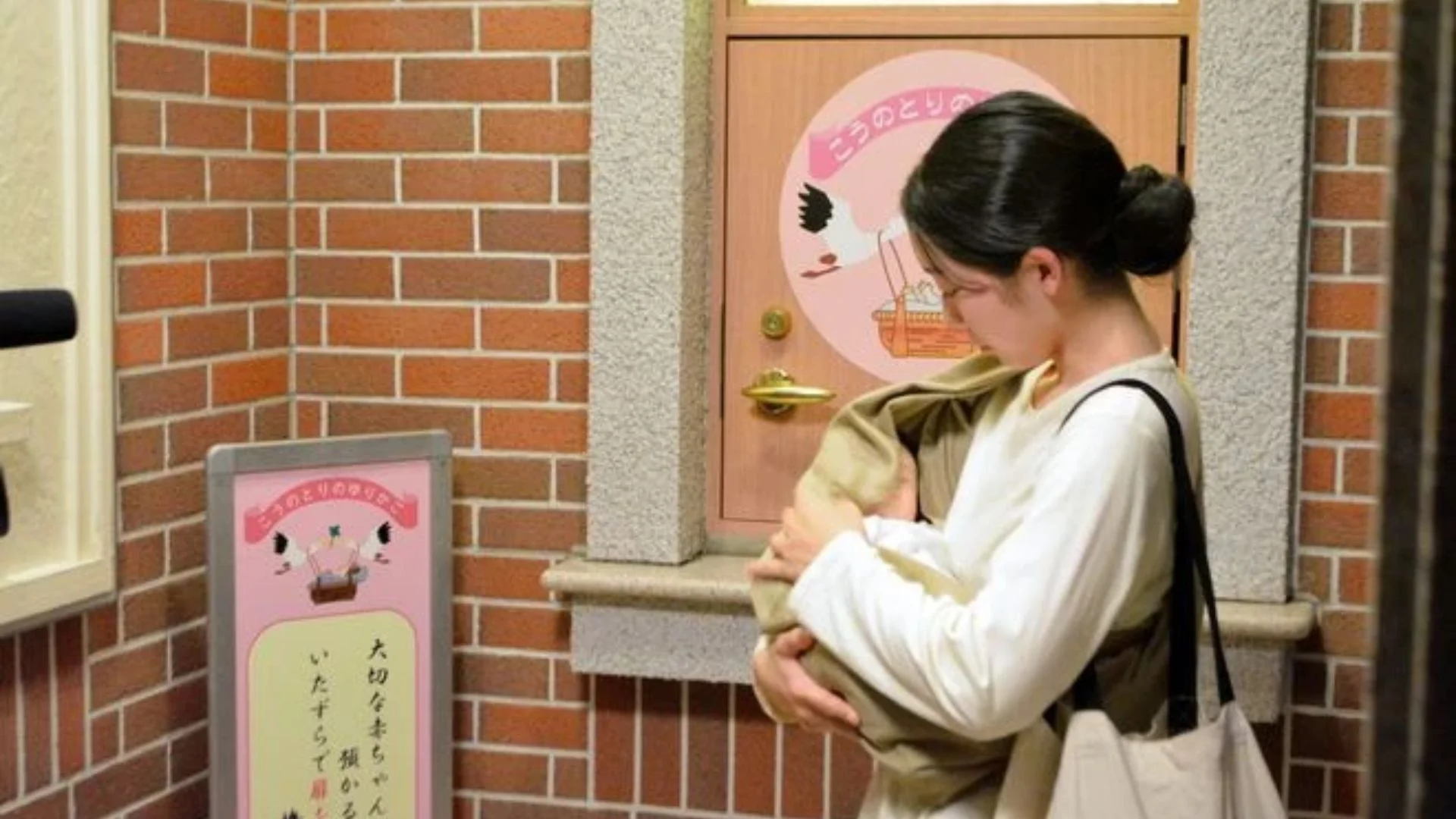A popular ramen restaurant in Kyoto, Japan, has ignited an ethical firestorm after its owner offered a cash bounty to identify two customers who left a negative review. The establishment, TOYOJIRO, known for its highly acclaimed Jiro-style ramen, became the center of debate when its owner took to Instagram to vent his frustration over the criticism.
Cash Reward and Social Media Backlash
In a now-deleted Instagram post, the owner of TOYOJIRO shared a photo of the two men responsible for the unfavourable review and announced a reward of 100,000 yen (approximately $662) to anyone who could identify them. The post included a harsh warning, stating that the reviewers should return to the restaurant and post a positive review—or face severe consequences. One statement even ominously threatened, “If he does that, he’ll be killed right away. This kid is so scared.” The provocative message quickly spread online, drawing immediate backlash and igniting a heated debate over the handling of online criticism by businesses.
View this post on Instagram
Ethical Concerns and Industry Debate
Critics argue that the owner’s actions represent an overreach and an attempt to intimidate dissatisfied customers. Many social media users condemned the post as an unethical and dangerous way to deal with negative feedback. The incident has raised broader questions about how businesses should respond to online reviews and whether offering rewards for retractions or positive feedback is acceptable.
Apologies and Retractions
Facing intense public criticism, the owner of TOYOJIRO eventually retracted his inflammatory statements and issued an apology via social media. In his follow-up post, he acknowledged that his actions had gone too far and promised to reflect on his behavior. The restaurant also released a formal apology, expressing regret over the incident and vowing to transform its practices. “Our restaurant, which achieved champion status on Japan’s largest ramen site just one month after opening, deeply regrets the recent incident. We are committed to becoming a ramen restaurant truly supported by customers worldwide,” the apology read.
The Impact on Reputation
The controversy has sparked widespread discussion across social media platforms, with many questioning whether such tactics could harm the restaurant’s reputation long-term. While some users found humor in the owner’s over-the-top response, many others expressed serious concern over the implications of such aggressive measures in the digital age.
As the debate continues, TOYOJIRO’s case serves as a cautionary tale for businesses on the perils of using social media to retaliate against negative feedback. The incident highlights the delicate balance between protecting a brand’s image and respecting customer freedom of expression






















